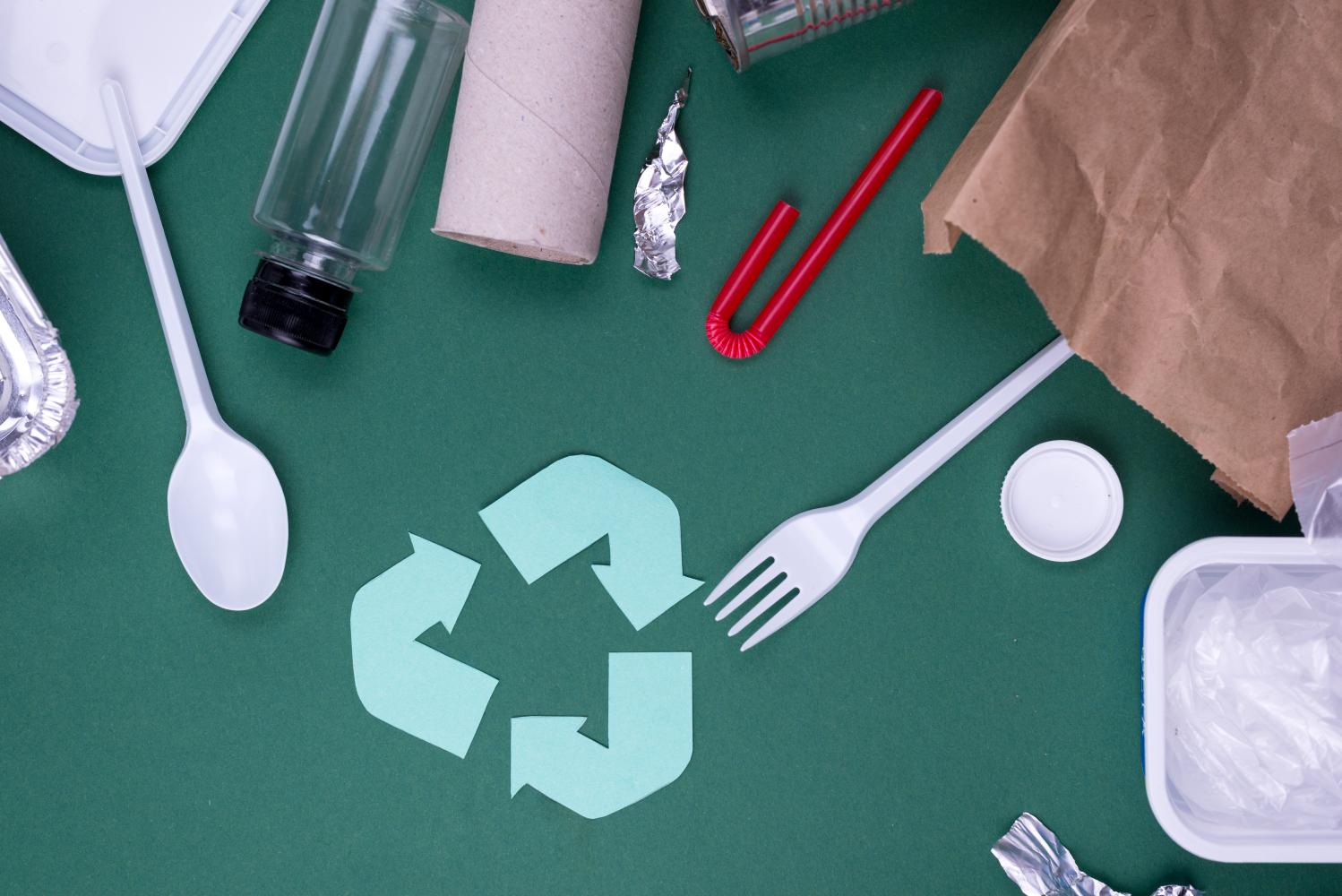25 Apr 2022: Catalysing Thailand's circular economy transformation
(Information Source: Bangkok Post, on Mon Apr 25, 2022)

Plastics have been a major driver of human progress over the last century. This diverse group of materials has evolved to underpin our modern world with numerous applications that make our daily lives more comfortable.
Our intensive reliance on plastic has created an "Age of Disposables" -- creating new challenges from this essential material. Over 9 billion tonnes of plastic have been produced since 1950, with more than half ending up in landfills or polluting ecosystems around the world. Less than 7% of plastics produced over the last seven decades have been recycled. Of that number, more than two-thirds ultimately ends up incinerated or as waste.
Plastic pollution is particularly acute in Southeast Asia, with our extensive coastlines and rich yet vulnerable biodiversity. Five Southeast Asian countries -- Indonesia, the Philippines, Vietnam, Thailand and Malaysia -- are among the top 10 global producers of ocean plastic debris.
As we marked Earth Day last week, many of us reflected on the fundamental need for a more sustainable, circular plastic economy.
Hope has been fuelled by a landmark agreement reached at the recent UN Environment Assembly to work on a global treaty on plastic waste. Companies and governments are also aggressively seeking to reduce their plastic footprint, including many multinationals and domestic players in Southeast Asia.
Procter & Gamble has committed to only use 100% recyclable or reusable plastic by 2030, with a 50% reduction in virgin petroleum plastic packaging. Unilever is committed to all plastic packaging being fully reusable, recyclable r compostable by 2025, with the share of recycled plastic in packaging no less than 25%.
Coca-Cola -- often branded the world's largest plastic polluter -- committed to making 100% of its packaging recyclable globally by 2025, with at least 50% of recycled material in its packaging by 2030.
Boston Consulting Group recently launched its own Climate & Sustainability Hub for Innovation in Asia. A key goal of its work is to build deeper capabilities in areas seen as most pressing in the region, echoing the Earth Day 2022 theme to "invest in our planet".
Thailand's own Roadmap on Plastic Waste Management is based in the 3R approach to reduce, reuse and recycle. The country produces around 2 million tonnes of plastic waste annually, contributing to around 12% of total domestic waste production -- of which just 25% was recycled as of 2020.
Initial stages of the roadmap focus on phasing out single-use plastic, with common waste such as plastic bags, straws and cups targeted to be phased out starting this year. This follows earlier phasing out of plastic pollutants such as plastic bottle caps and microbeads. The ultimate goal is to ensure that 100% of targeted plastic waste is recycled by 2027.
CIRCULAR SOLUTIONS
There's a tendency when talking about plastic pollution to immediately jump to a recycling solution. A truly sustainable answer demands more nuance. It will require a full circular economy approach to solve this critical challenge.
The circular economy offers a cyclic approach across multiple stages. Some elements include:
- Use sustainable plant-based raw materials where possible to replace fossil fuel dependence.
- Design products that are recyclable and reusable. Make products waste-free and as resource-efficient as possible.
- Sell access instead of ownership, leasing or sharing products.
- Use products responsibly to reduce pollution.
- Collect and recycle products and materials.
Following these sustainable practices unlocks benefits for businesses and the environment. It mitigates potential risks related to scarce resources while improving operational efficiency. It increases innovation potential and unlocks new growth options.
While businesses are already actively working in this area, we need to exponentially accelerate efforts toward sustainable circular solutions. Cross-sectoral and private-public collaboration is imperative, rather than leaving the ball stranded in the court of plastic producers. It will require governments, NGOs, state enterprises and private companies working together.
Plastics form an important segment of Thailand's petrochemical sector, contributing US$36.9 billion to the national economy in 2018 -- almost 7% of GDP. A sustainable plastics solution in Thailand means devising an equitable transition to reduce plastic waste while managing the economic opportunities.
The World Bank estimates that adopting a circular economy in Thailand could deliver as much as $1.6 billion of cost savings and additional revenue for the private sector.
Much like climate change, we need to encourage big ideas and disruptive innovation. That provides an opportunity for emerging companies to add transformative solutions to the journey.
Disruptive ideas in logistics to cheaply transport waste could provide a critical enabler -- lowering the cost of collection and transport in the recycling value chain remains a persistent hurdle. Technology or AI-driven solutions to replace labour-intensive waste sorting would also be invaluable. It will require an ecosystem of solutions to embed a sustainable plastic landscape.
There is hope, however. Two years ago, nobody would have predicted a one-year development cycle for a life-saving global Covid-19 vaccine -- yet here we are. I have great hope that visionary innovation will unlock equally transformative solutions to transition our global plastic addiction into a sustainable circular economy.
Arun Rajamani is a partner with Boston Consulting Group (BCG).

